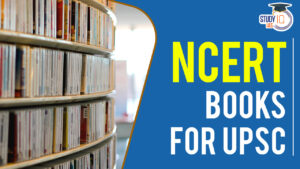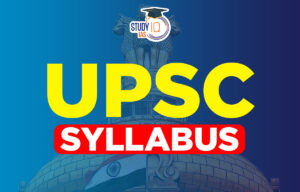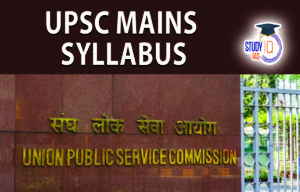Visionary decision making happen at the intersection of intuition and logic
Approach:
- Decision making in everyday life – basis of human survival. E.g. Evolution of Humans from apes and role of decision making
- Role of Intuition in decision making (Navigating Ambiguity, Intuition is a source of creativity, as are innovation, Making social and interpersonal decisions, Risk assessment: Personal Values and Ethics)
- Logic as assistance in decision making (Identifying Relevant Information, Analyzing Options, Consistency, Problem Solving)
- Requirement of both intuition and logic for visionary decision.
- How to develop intuition and logic and balance them for visionary decision making.
- Conclusion
Thesis: Visionary decision possible at intersection.
Examples and Arguments:
-
- Innovation and creativity – Steve Jobs’ visionary choice to create the iPhone – result of his creative vision and intuition about what consumers needed. Financial innovations in the form of UPI – logic made it difficult as financial transactions were already happening, but intuitive ness about its adoption was the major factor for its success.
- Risk-taking: Elon Musk’s visionary choice to use SpaceX – intuition about the significance of extraterrestrial colonisation drove him to take the risk despite logic’s assertions to the contrary.
- Long-Term Perspective: Mahatma Gandhi had a brilliant idea to use nonviolent resistance – while logic might have suggested a more combative strategy, his gut feeling about the long-term advantages of nonviolence and unity resulted in a historic change.
- Human and societal factors: requires knowledge of societal dynamics, human behaviour, and values. E.g. A doctor may have logical medical data but also needs to consider the patient’s emotional state and unique circumstances.
- Transcending Conventions: Visionary choices go against accepted beliefs and norms. Nelson Mandela’s visionary choice to seek out forgiveness and reconciliation in South Africa after the end of apartheid.
More examples –
- Watson and Crick’s Discovery of DNA’s Structure.
- Alexander Fleming’s discovery of penicillin.
- Alfred Wegener’s intuition about continents drifting led to the plate tectonics theory and logic through dscoveries of fossils.
- Charles Darwin’s intuition about natural selection and the evolution of species led to his groundbreaking work, “On the Origin of Species.”
- Franklin D. Roosevelt – The New Deal: FDR’s intuition led him to understand the desperation and suffering caused by the Great Depression. The New Deal was a well-thought-out set of policies aimed at reviving the economy through public works projects, banking reforms, and social programs.
Anti Thesis: Why intuition and logic alone are not sufficient to achieve it.
Challenges and Pitfalls: Potential challenges of relying too heavily on intuition or logic in visionary decision making.
- Over Reliance on logic: Nokia’s Missed Smartphone Revolution – Over Reliance on logic can lead to a reluctance to embrace disruptive innovations. Fall of Kodak cameras.
- Over Reliance on intuition: Elizabeth Holmes, the founder of Theranos, had a vision to revolutionize blood testing. Holmes ignored red flags and critical feedback, ultimately undermining the company’s credibility. Also – 2008 economic crisis, NASA’s Space Shuttle Challenger disaster in 1986 was partially attributed to a decision made based on intuition
- Importance of self-awareness in decision-makers: Balancing intuition and logic is crucial in visionary decision-making. Self-awareness is the key to achieving this balance.
How to develop intuition and logic and balancing them for visionary decision making:
- Cultivate Intuition: Self-Reflection, Trust Your Gut, Embrace Creativity, Mindfulness and Meditation etc.
- Develop Logical Thinking: Analytical Exercises, Data Analysis, Scenario Planning
- Balancing Intuition and Logic: Collaborate, Feedback Loops, Continuous Learning
Conclusion: Visionary decision-making resulted from the harmonious interplay of intuition and logic. Intuition provided the overarching purpose and direction, while logic offered the means to translate those visionary goals into practical, achievable outcomes. – “Intuition alone can be a powerful guiding force, but logic is the tool that transforms vision into reality.”
Check out the UPSC Essay paper 2023 analysis with Detail explanation of the Topic


 NCERT Books for UPSC Preparation, Check ...
NCERT Books for UPSC Preparation, Check ...
 UPSC Syllabus 2025, Check UPSC CSE Sylla...
UPSC Syllabus 2025, Check UPSC CSE Sylla...
 UPSC Mains Syllabus 2025, Optional Sylla...
UPSC Mains Syllabus 2025, Optional Sylla...





















